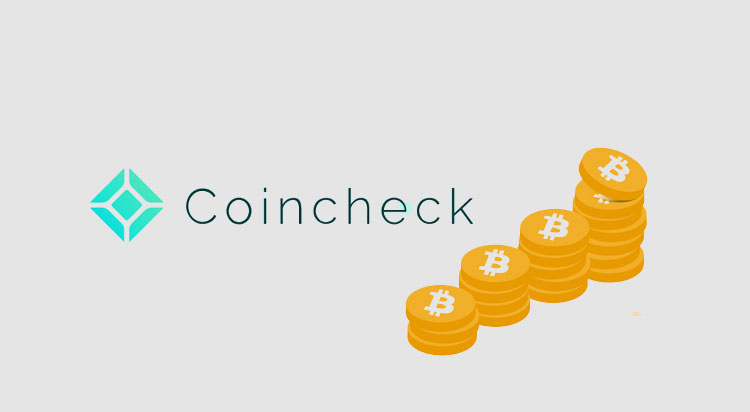
The hack of Coincheck-resulting in the disappearance of NEM cryptocurrency worth $530 million-was one of the largest of its kind, and prompted authorities to search the firm's office earlier this month, after slapping it with an administrative order. is prohibited.Seven people took part in the lawsuit filed at the Tokyo District Court, plaintiffs' lawyer Hiromu Mochizuki told AFP before the filing. Reproduction in whole or in part in any form or medium without express written permission of IDG Communications, Inc. Please enable JavaScript to view the comments powered by Disqus.Ĭopyright © 2023 IDG Communications, Inc. There was also poor serration of duties between board and audit functions.

There was a focus on profit and little care of customers and the lack of compliance awareness and focus was "baffling to the FSA".

There was poor third-party vendor management and there were not sufficient security personnel. The FSA's review found that while the revenues of cryptocurrency exchanges were rapidly growing but the management team and processes were not keeping up. On the 8th of March, a second order was issued to Coincheck and the other exchanges, requiring a number of actions including an overhaul of management, a review of the business strategy and monthly reporting on progress against the orders until the order is fully executed. At the beginning of February, the scope of the order was expanded to seven other exchanges with the expectation that these measures would already be in place. All of these measures, said Inui, were considered basic matters and the FSA was surprised such measures were not already in place.īefore the report was due, the FSA conducted an on-site inspection at Coincheck - something that Inui said was very unusual. They were also directed to build a basic risk management framework and that they report on progress against this order within two weeks. The first demanded Coincheck describe how and why the breach occurred, and that the company improves their customer handling and governance procedures. Read more Big attacks a smokescreen for “low-level” North Korea cybercrime that the world is ignoringĬoincheck was given two orders by the FSA. A Coincheck employee was infected through a targeted email that resulted in a private key being stolen from a server. Like many breaches, Coincheck was the victim of a targeted phishing attack. On January 28, Coincheck debriefed the FSA who, the next day, slapped a business improvement order on Coincheck and then the police launched another investigation. Any parties who profited from the payment were taxed on the profit.

The next day, NEM.io announced that a tracking mechanism would be implemented on the platform within 48 hours with Japan's financial regulator, the Financial Services Agency (FSA), sent an alert to all related parties and announced that there would be a compensation program put in place.Ībout six weeks later, all affected parties were compensated with a distribution of the equivalent of about $538M. At 11:30 that night, Coincheck held a press conference and publicly apologised for the incident. A short time later, NEM.io, the operator of the XEM network was asked to halt XEM transfers and Coincheck shutdown all cryptocurrency transfers other than Bitcoin. By the middle of the day, Coincheck stopped all transfers of XEM with the news hitting Twitter at 2:06PM. Early on 26 January 2018, 520M XEM was transferred illegally affected about 260,000 of Coincheck's clients. Coincheck is a Japanese cryptocurrency exchange that also offers lending and payment services that is run by its 27 year old founder and CEO.


 0 kommentar(er)
0 kommentar(er)
